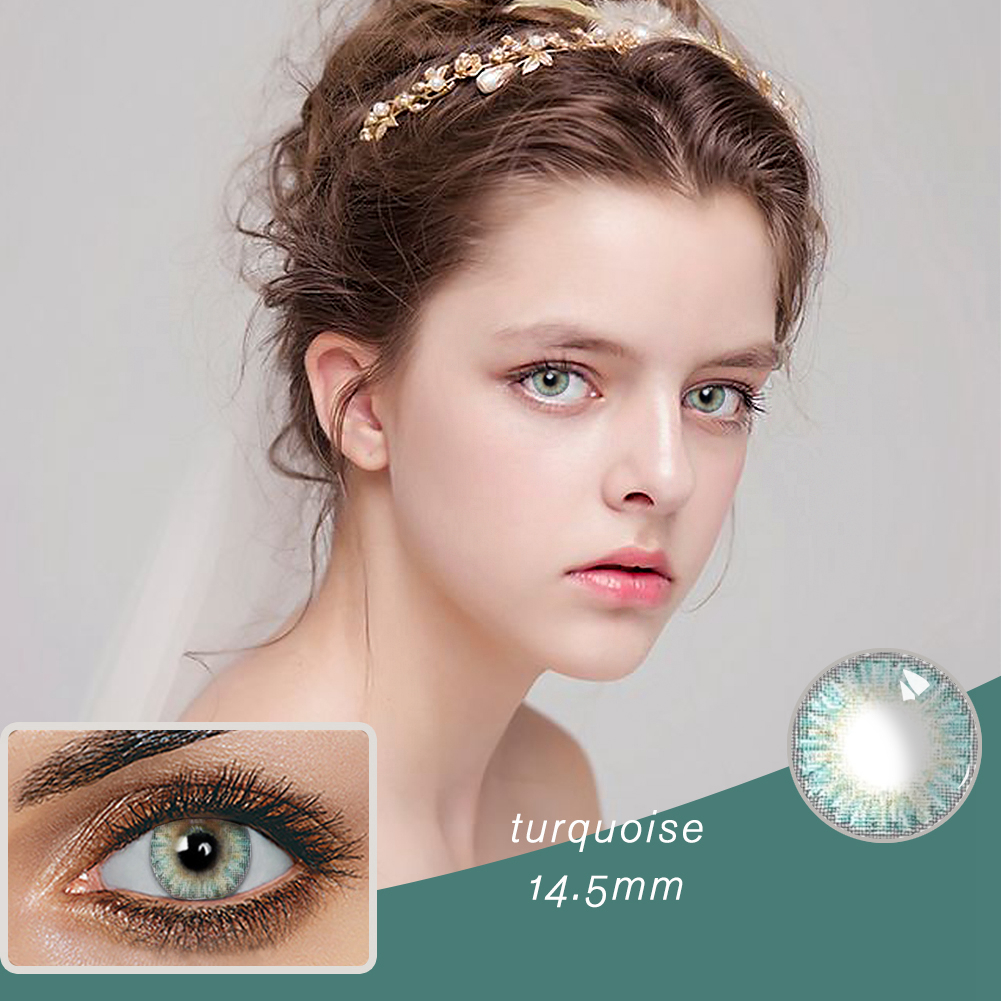Wearing contact lenses is a safe and convenient way to correct your vision: if worn, cleaned and cared for properly, careless use can put you at risk of infection or even damage to your eyes. In other words, when worn correctly and hygienically, contact lenses are the best alternative to glasses because poor lens hygiene can even lead to serious sight-threatening infections such as bacterial or viral corneal ulcers or Acanthamoeba keratitis.
Therefore, if a child or teenager is not ready to use contact lenses responsibly, wearing them can be postponed. In an interview with HT Lifestyle, Dr. Priyanka Singh (MBBS, MS, DNB, FAICO), Director and Ophthalmology Consultant at Neytra Eye Center in New Delhi, said: “Contact lenses are classified into different types based on their duration or expiration date. It can range from one-day, one-month and 3-month to one-year contact lenses. Daily contact lenses have the least chance of infection and low maintenance, but are more expensive compared to one-year contact lenses. While monthly and 3-month contact lenses are the most commonly used contact lenses.
She added: “It is advisable not to use expired contact lenses, even if they look good, and you should not wear contact lenses for more than 6-8 hours a day, neither in the shower nor while sleeping.” rest. Sleep.” She recommends:
1. Be sure to wash your hands thoroughly with soap and water before placing the CL. Blot with a lint-free towel, then place the CLs one at a time (do not mix up the left and right sides).
2. When removing CL again, wash your hands and dry them with a towel to minimize hand or water contamination.
3. After removing the lens, rinse the CL with lens solution, then replace the solution in the lens case with new solution.
Dr. Priyanka strongly advises: “Never substitute a lens solution for anything else. Buy a quality solution and check the filling and expiration date before use. If you have eye irritation, do not flush your eyes with water, see an ophthalmologist instead. If irritation persists, remove lenses and see an ophthalmologist.Also, if you have an eye infection, stop wearing contact lenses for a while and avoid contact lenses, as they may be carriers of infection.”
Dr. Pallavi Joshi, Consultant Corneal, Superficial and Refractive Eye Surgery, Sankara Eye Hospital, Bangalore, spoke about contact lens wear and care, recommending:
1. Wash your hands before touching your eyes or contact lenses. Wash your hands thoroughly with soap and water, rinse and dry your hands with a clean towel.
2. When removing the lens from the eye, be sure to disinfect it with a solution recommended by the ophthalmologist.
4. Wash your contact lens case weekly with warm water and replace it at least every 3 months or as directed by your healthcare professional.
5. Please carry your glasses with you in case you need to remove your contact lenses. Also, always keep a lens case handy wherever you go.
5. If your eyes are irritated or red, do not wear contact lenses. Give them a chance to relax before inserting them into your eyes again. If your eyes are constantly red and blurred, see an ophthalmologist as soon as possible.
6. Don’t skip your regular eye exams. Even if your eyes look good, eye health and checkups are important, especially if you use contact lenses regularly.
Be sure to consult your doctor about the correct refractive power for your eyes and the best contact lenses for your eyes.
Post time: Oct-10-2022




